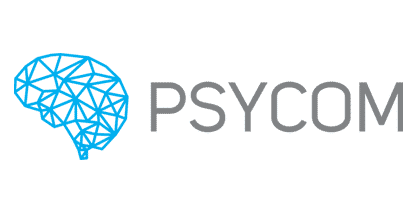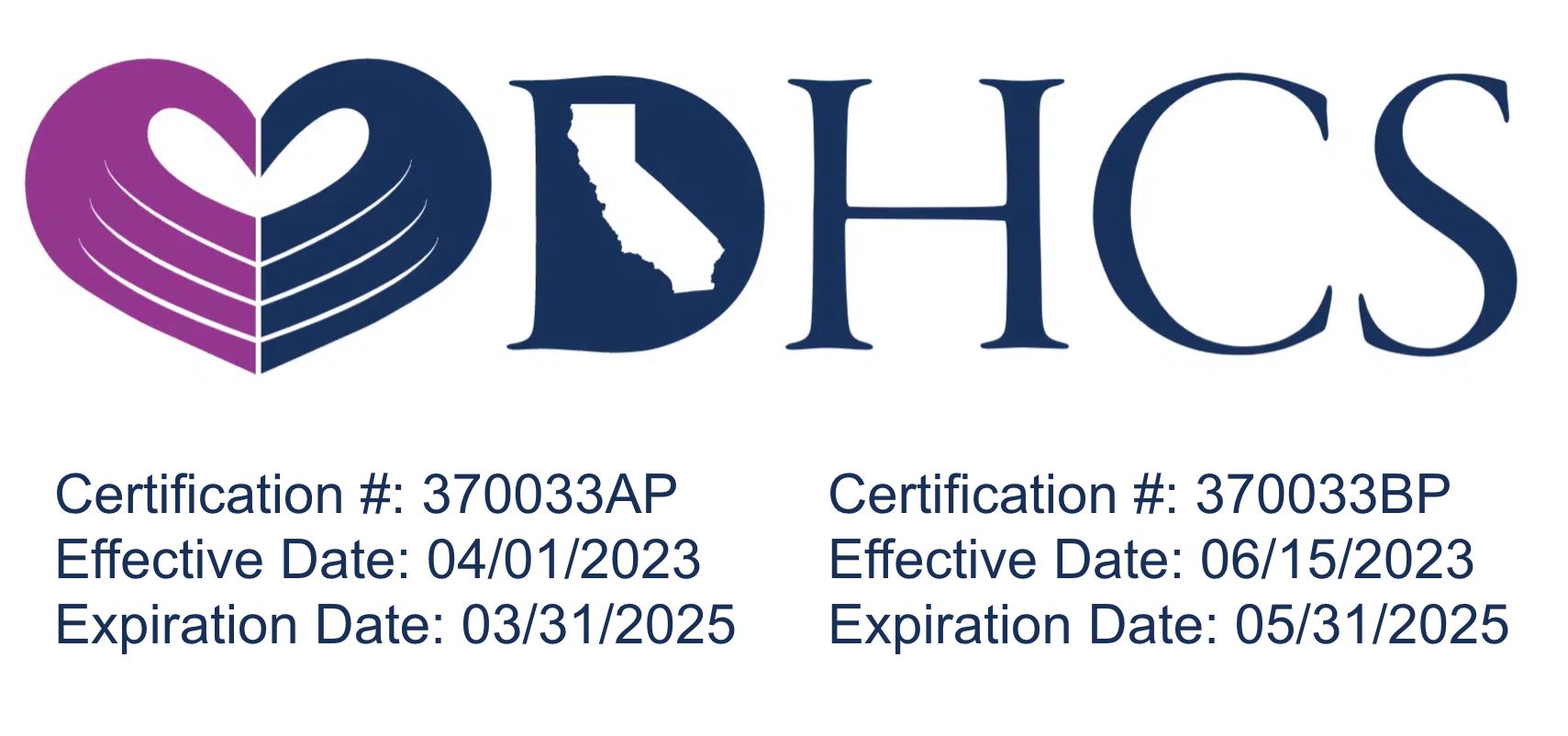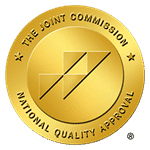

Healthy Life Recovery
I’m Looking For Help…
San Diego Drug and Alcohol Rehab
As Seen In











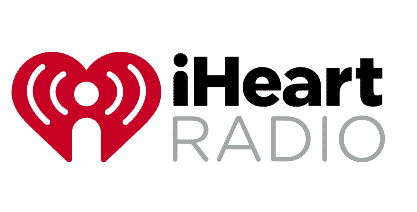




As Seen In
Active Recovery Tracks
In addition to the regular regiment of therapy, Healthy Life Recovery offers our Active Recovery Tracks. These activities are not considered part of our therapeutic offerings even though our data shows that, when paired with clinical therapy, the healthy release of endorphins helps a person recover from addiction. These Active Recovery Tracks are completely optional, but we recommend choosing at least one of the following activities.
I Need Help With a…
What We Do
Healthy Life Recovery helps men and women recover from both substance use disorders as well as mental health disorders. We offer a full continuum of care, from the initial stage of detoxification to outpatient treatment, aftercare, and sober and supportive living. Healthy life Recovery is here to help you every step of the way.
Addiction Treatment
Our addiction treatment program can help you get sober with psychological therapy and addiction education. Addiction treatment programs are designed to help addicted individuals overcome Substance Use Disorders in order to live a happy, healthy life.
Our outpatient mental health services include individual therapy, medication management, and other evidence-based treatments. We use a holistic approach to treatment, addressing the physical and emotional aspects of mental health to promote lasting recovery and wellness.
We specialize in providing medically supervised detox. This ensures that individuals are in the best care, with professionals overseeing the transition as the body purges itself of these addictive agents. Our goal is to ensure a safe and comfortable detox from drugs and alcohol.
Sober Living
We know maintaining sobriety does not come easy. Our sober living partners in San Diego offer a drug-free haven to help you deal with cravings in a supportive, therapeutic environment. At these facilities, live-in house managers help residents avoid temptations for substance use.
Outpatient Rehab
Our San Diego rehab center offers outpatient treatment for those who need addiction treatment but cannot commit to a 30-day residential treatment program. Outpatient Care is a great transition, whether an individual has completed a detox program or residential rehab.
Our addiction treatment program can include Medication-Assisted Treatment (MAT). Prescription medications like Suboxone can be used to help minimize the withdrawal symptoms an individual may experience in early recovery. This evidence-based treatment decreases relapse rates.
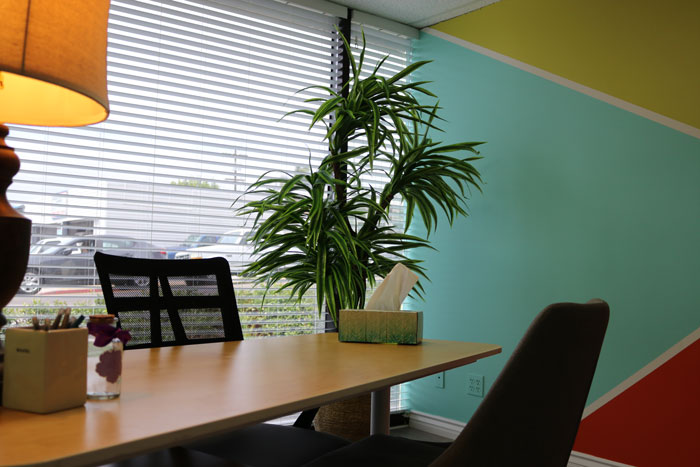
The Four Pillars Of Everlasting Sobriety
Advanced Treatment Methods
At Healthy Life Recovery, we’re dedicated to providing comprehensive and cutting-edge treatment options for individuals struggling with addiction and mental health issues. Our center stands at the forefront of therapeutic innovation, offering a suite of unique services designed to address the complex needs of our clients. From the detailed insights of qEEG Brain Mapping and the targeted relief provided by TMS Therapy, to the breakthrough potential of Ketamine Treatment and the personalized approach afforded by Genesite Testing, each modality is selected for its efficacy and potential to foster a deeper, more sustainable recovery.
Genesite Testing
Understanding genetic makeup is crucial in personalizing addiction and mental health treatment. Genesite Testing helps our clinicians determine how a patient’s body will metabolize different medications, thus predicting the effectiveness and potential side effects of prescribed drugs.


Genesite Testing
Understanding genetic makeup is crucial in personalizing addiction and mental health treatment. Genesite Testing helps our clinicians determine how a patient’s body will metabolize different medications, thus predicting the effectiveness and potential side effects of prescribed drugs.
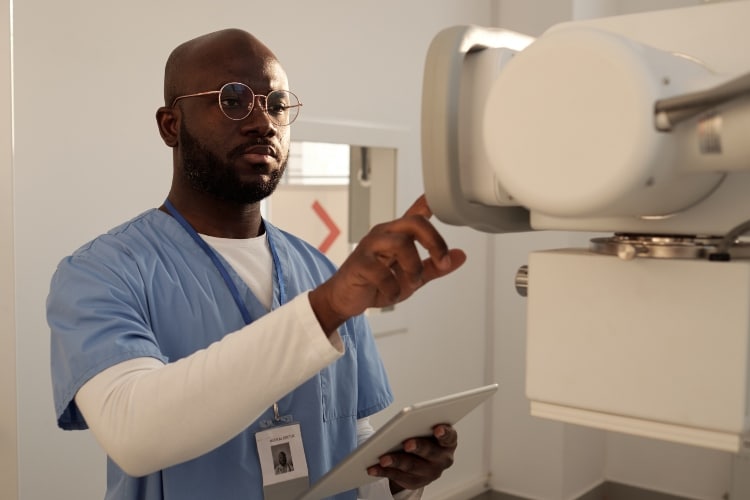
TMS Therapy
Transcranial Magnetic Stimulation (TMS) Therapy is another innovative treatment offered by Healthy Life Recovery. This non-invasive procedure uses magnetic fields to stimulate nerve cells in the brain to improve symptoms of depression and other mental health disorders.
qEEG Brain Mapping
We utilize qEEG brain mapping as a tool to tailor treatment plans. This personalized approach allows for a more targeted treatment strategy, as qEEG brain mapping can reveal underlying issues that contribute to conditions, thereby enabling us to address the root causes of these challenges.
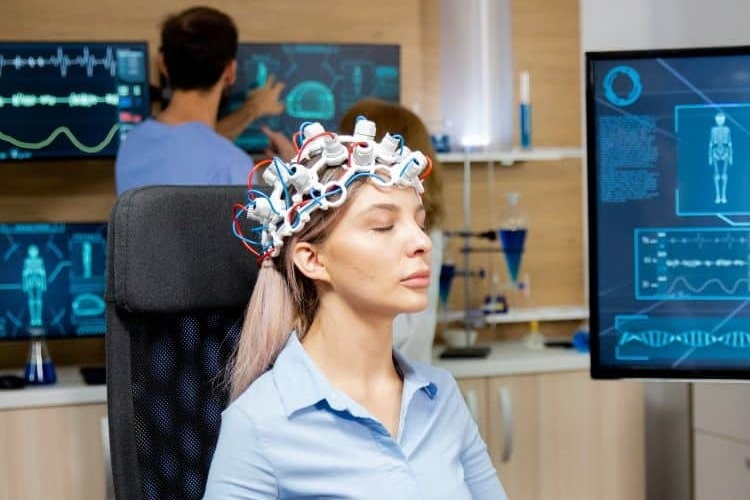

qEEG Brain Mapping
We utilize qEEG brain mapping as a tool to tailor treatment plans. This personalized approach allows for a more targeted treatment strategy, as qEEG brain mapping can reveal underlying issues that contribute to conditions, thereby enabling us to address the root causes of these challenges.
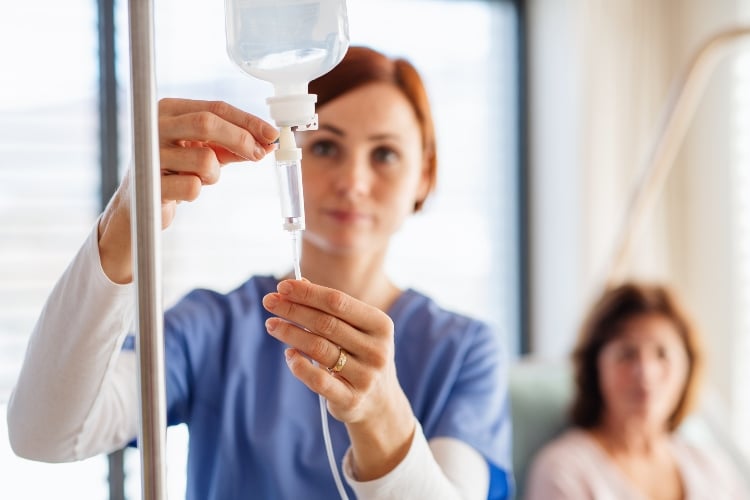
Ketamine Treatment
Ketamine treatment represents a cutting-edge option in the treatment of depression. Initially used as an anesthetic, ketamine has been found to have rapid-acting antidepressant effects. We can refer patients to our trusted partners when patients exhibit treatment-resistant depression.



and more...
What Makes Health Life Recovery Unique
Healthy Life Recovery in San Diego is your dedicated partner in overcoming addiction and achieving lasting sobriety. Our holistic approach addresses not just the symptoms but the root causes of addiction, offering personalized care that meets your unique needs.
The Healthy Life Experience
We Treat Those Struggling With:
Mental Health Issues
- Anxiety
- Depression
- Bipolar Disorder
- Self-Harm
- Personality Disorders
- OCD
- PTSD
- ADHD
- Trauma Disorders
- Conduct Disorders
Substance Abuse Issues
What People Are Saying

Medically Reviewed By:
Dr. Sanjai Thankachen
Dr. Sanjai Thankachen graduated from Adichunchanagiri Institute of Medicine in 2000. He completed his residency in psychiatry in 2008 at Creedmoor Psychiatric Center in New York. Dr. Thankachen is currently working with Pacific Neuropsychiatric Specialists in an outpatient practice, as well as working at multiple in-patient psychiatric and medical units bringing his patients the most advanced healthcare treatment in psychiatry. Dr. Thankachen sees patients with an array of disorders, including depression, bipolar illness, schizophrenia, anxiety, and dementia-related problems.

Edited for Clinical Accuracy By:
Sean Leonard, Psychiatric Nurse Practitioner
Sean Leonard is a board-certified psychiatric nurse practitioner. He received his master’s degree in adult geriatric primary care nurse practitioner from Walden University and a second postmaster specialty in psychiatry mental health nurse practitioner from Rocky Mountain University. Sean has experience working in various diverse settings, including an outpatient clinic, inpatient detox and rehab, psychiatric emergency, and dual diagnosis programs. His specialty areas include substance abuse, depression, anxiety, mood disorders, PTSD, ADHD, and OCD.



